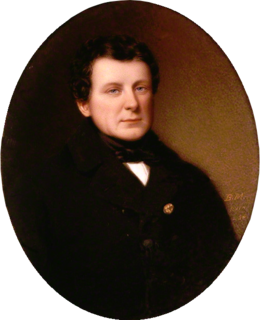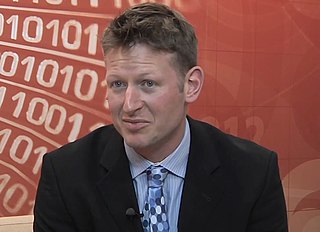A Quote by David Cortright
Warmakers are often wrong. ... Peace advocates are sometimes right, especially when their ideas are not only morally sound but politically realistic
Related Quotes
If the underdog were always right, one might quite easily try to defend him. The trouble is that very often he is but obscurely right, sometimes only partially right, and often quite wrong; but perhaps he is never so altogether wrong and pig-headed and utterly reprehensible as he is represented to be by those who add the possession of prejudices to the other almost insuperable difficulties of understanding him.
Inflationism, however, is not an isolated phenomenon. It is only one piece in the total framework of politico-economic and socio-philosophical ideas of our time. Just as the sound money policy of gold standard advocates went hand in hand with liberalism, free trade, capitalism and peace, so is inflationism part and parcel of imperialism, militarism, protectionism, statism and socialism.
Our popular economics writers, however, are not in the business of giving their readers a ringside seat on the research action; with no exception I can think of, they use their books to do an end run around the normal structure of scholarship, to preach ideas that few serious economists share. Often, these ideas are not just at odds with the professional consensus; they are demonstrably wrong, and sometimes terminally silly. But they sound good to the unwary reader.
I do not believe that the solution to our problem is simply to elect the right people. The important thing is to establish a political climate of opinion which will make it politically profitable for the wrong people to do the right thing. Unless it is politically profitable for the wrong people to do the right thing, the right people will not do the right thing either, or it they try, they will shortly be out of office.
Upon the subjects of which I have treated, I have spoken as I have thought. I may be wrong in regard to any or all of them; but, holding it a sound maxim that it is better only sometimes to be right than at all times to be wrong, so soon as I discover my opinions to be erroneous, I shall be ready to renounce them.





































